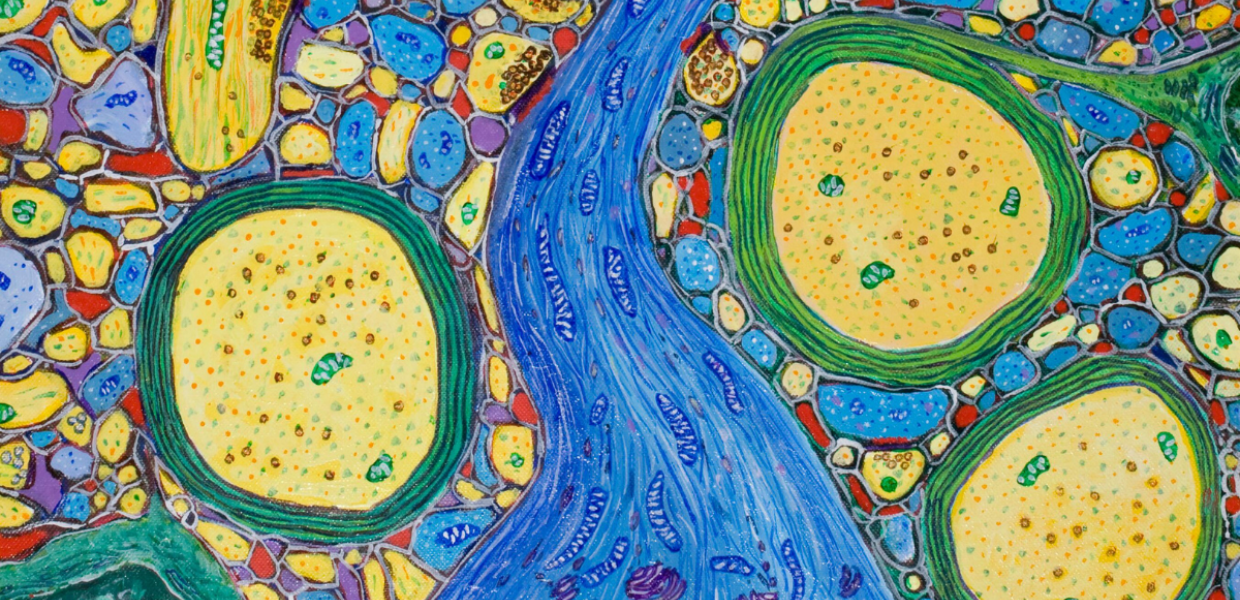During the 2020–2021 academic year, the global pandemic gave the Europeana community of educators the opportunity to become more relevant in their work of integrating digital culture in learning practices and to grow even further. Events such as the Europeana Education Competition 2021 and the new MOOC Digital Education with Cultural Heritage created additional online opportunities for professional development, opening Europeana to even more educators interested in using digital technologies and new pedagogies with quality content.
Europeana Education and European Schoolnet have created this handbook to showcase the best practices of the year and help colleagues all over Europe to find innovative ready-to-use educational material. We are confident that these resources will support educators during the next school period for online, offline and hybrid teaching and learning environments.
This handbook takes inspiration from the Teaching with Europeana Blog, and just like the Blog, focuses on eight topics:, Art, Diversity and Inclusion, Environment, History, Language Subjects, Music, Philosophy, STEAM (STEM + Arts). It shares Learning Scenarios (LS) and Stories of Implementation (SoI) that not only relate to a topic, but also introduce innovative techniques, methodologies, key competences and more.
We hope that you can implement this handbook both online and offline, and that it will be useful and beneficial for your teaching activities!
Below, you can download the handbook in English, access it in German, Spanish, French, Italian, Polish, Portuguese, Romanian and Turkish, and explore an interactive version,


